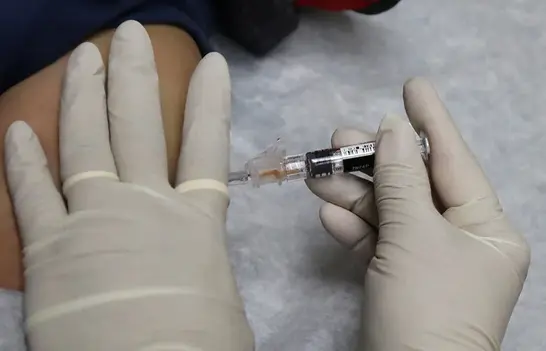T4K3.news
AAP updates vaccine guidance for toddlers
AAP recommends Covid-19 vaccination for children six months to 23 months, diverging from CDC guidance.
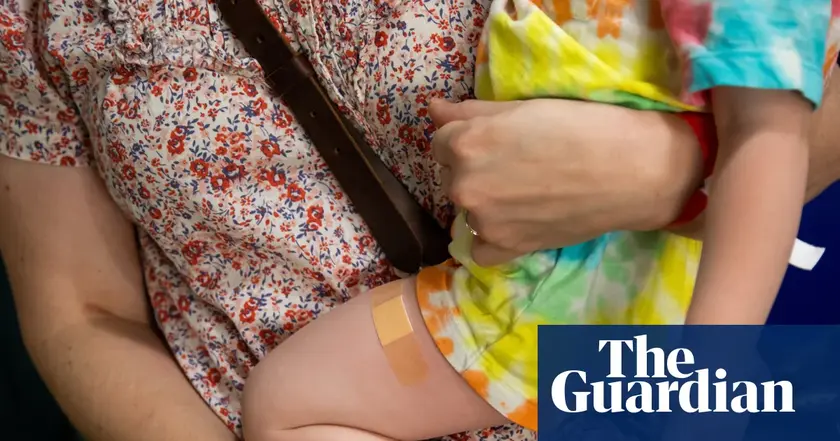
The American Academy of Pediatrics updates its immunization schedule to include Covid-19 vaccination for children six months to 23 months old.
US pediatric organization diverges from CDC in Covid-19 vaccine advisory for children
The American Academy of Pediatrics released its updated childhood immunization schedule, recommending Covid-19 vaccination for children six months through 23 months, alongside vaccines for influenza and RSV for under 18. This stance differs from the current federal guidance, which leaves Covid-19 vaccination decisions for this age group to shared clinical decision making. The CDC guidance now centers on individualized discussions rather than a universal recommendation.
The AAP argues that the youngest children face the greatest risk from Covid-19 and that vaccination offers protection against severe illness. The move comes as health policy splits from the CDC following a shift in leadership and public messaging around immunization. In late May, Health and Human Services secretary Robert F Kennedy Jr halted CDC recommendations for healthy children to receive the Covid-19 vaccine. Insurers and vaccination programs often tie coverage to ACIP endorsements, so shifts in guidance can affect access and costs for families. AAP president Dr Susan Kressly emphasized the need for clear guidance amid a landscape of misinformation.
Key Takeaways
"The academy has been making pediatric immunization recommendations since the 1930s, that has not changed."
Dr Susan Kressly on the AAP's longstanding role
"Secretary Kennedy has stood firm in his commitment to science, transparency, and restoring public trust. By bypassing the CDC’s advisory process and freelancing its own recommendations, the AAP is putting commercial interests ahead of public health and politics above America’s children."
Statement from HHS regarding the AAP update
The clash highlights how expert bodies navigate political pressures and public mistrust. By issuing its own schedule, the AAP asserts its role as a trusted pediatric authority, but the move also intensifies debate over who guides vaccination policy when federal recommendations flip. The tension between professional autonomy and federal processes could influence insurer policies and family decisions, underscoring how public health advice now travels through a contested information ecosystem. The episode also foregrounds questions about consistency in vaccination messaging across agencies and organizations that depend on official guidelines for coverage and access.
Highlights
- Families rely on pediatric guidance, not politics
- Science must lead, even when voices clash
- Clear guidance matters in an era of misinformation
- Public health depends on trusted recommendations not headlines
Policy clash over pediatric Covid-19 guidance
The AAP diverges from CDC guidance, prompting questions about political influence, insurance coverage, and public reaction. The move occurs in a charged policy environment that could affect access to vaccines for families and strain trust in health institutions.
Public health guidance travels through tough political weather and families deserve clarity.
Enjoyed this? Let your friends know!
Related News
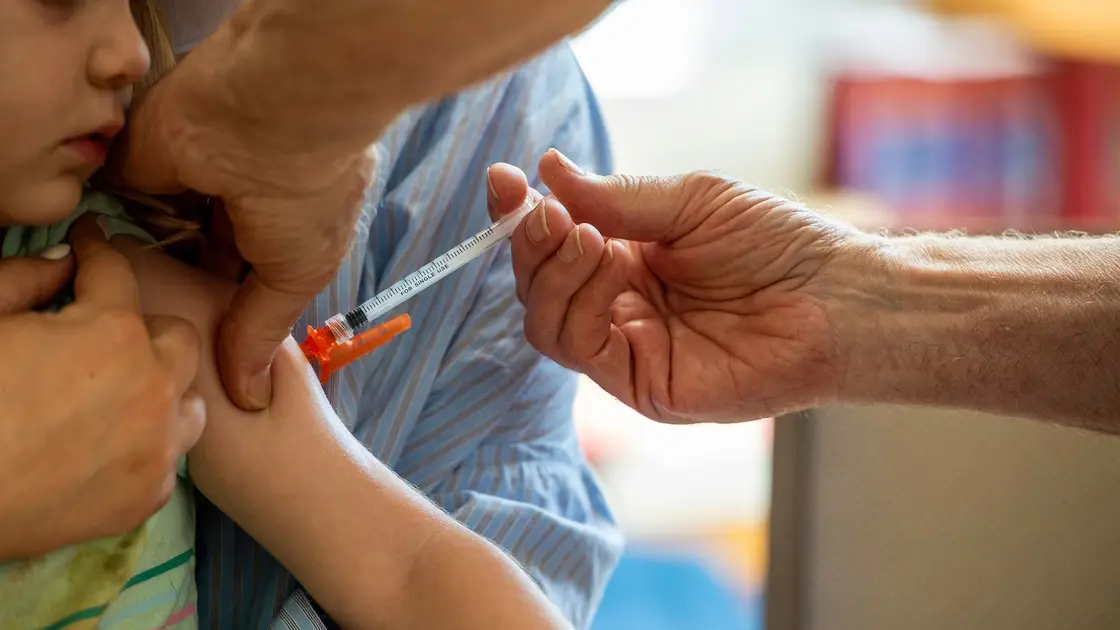
AAP backs COVID vaccine for infants amid clash with Kennedy and CDC
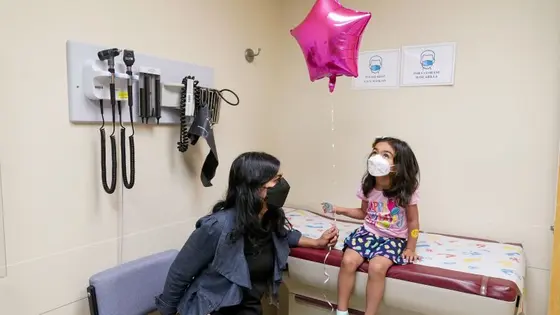
AAP updates vaccine guidance for young children
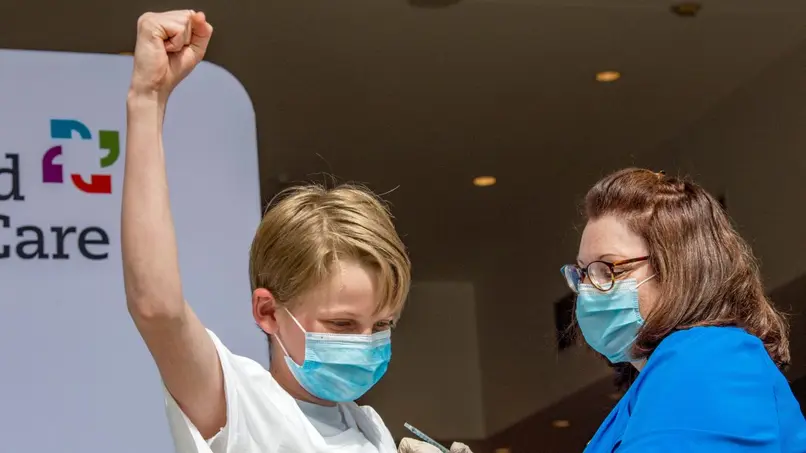
AAP challenges Kennedy on COVID vaccines
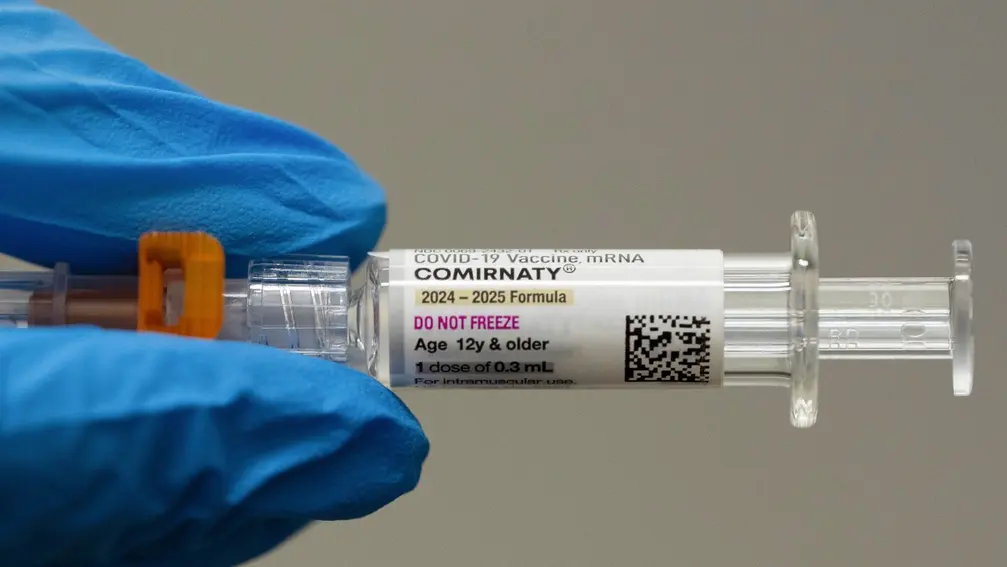
AAP diverges from CDC on child COVID vaccines
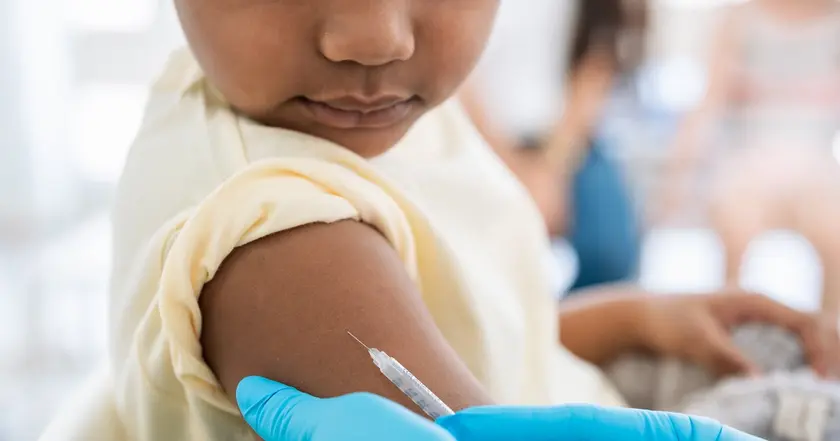
AAP Diverges from CDC on Covid Shots for Children
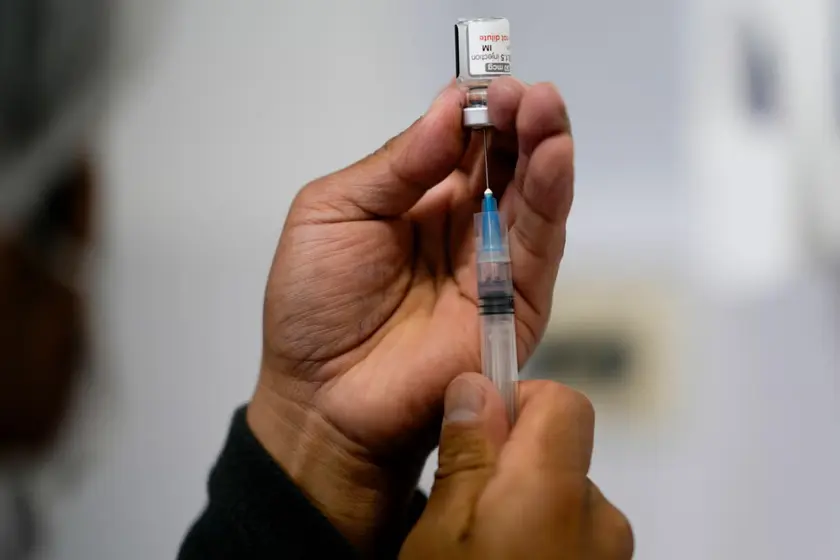
AAP breaks with federal Covid guidance for babies
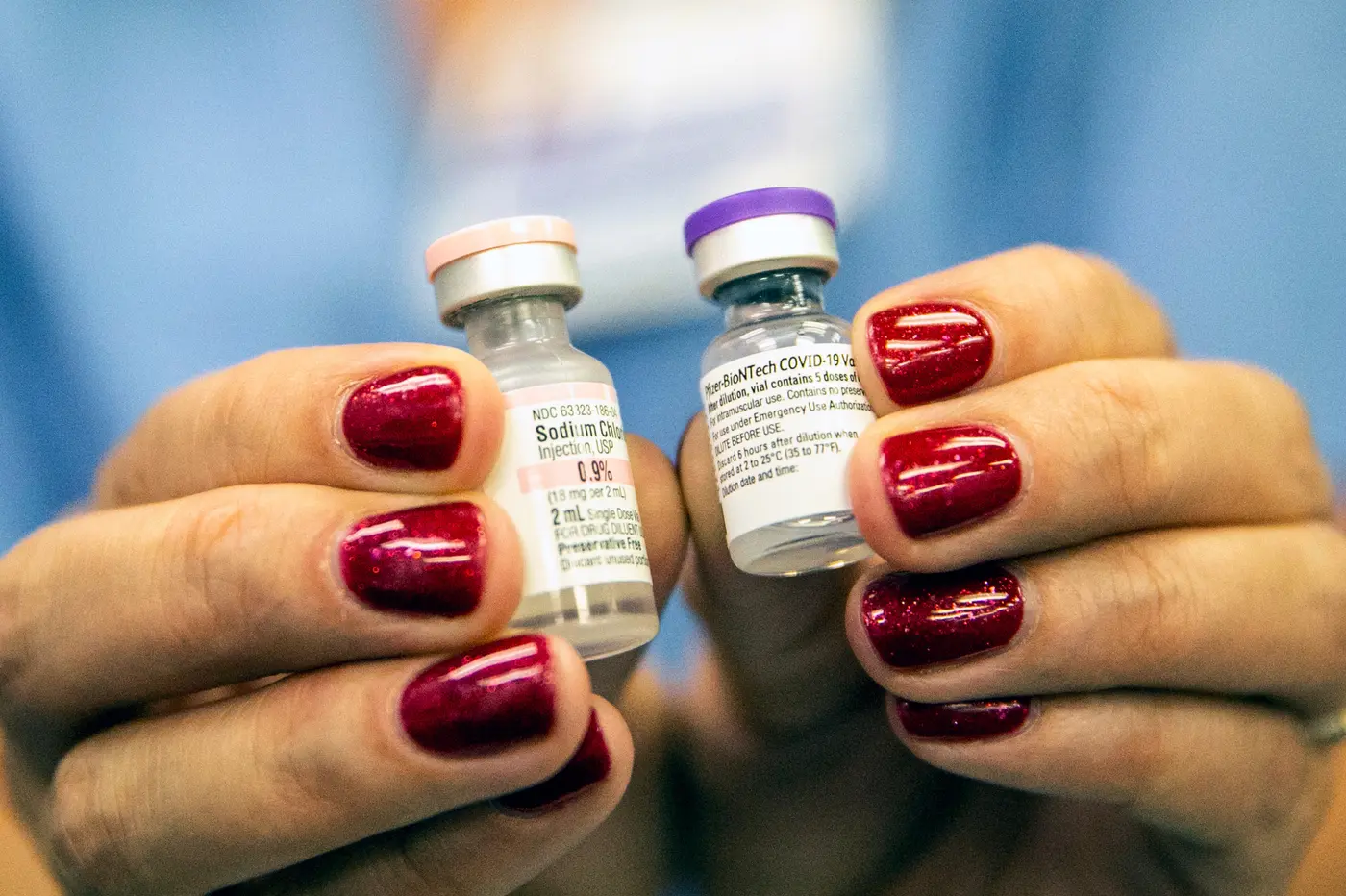
Colorado expands vaccine guidance options
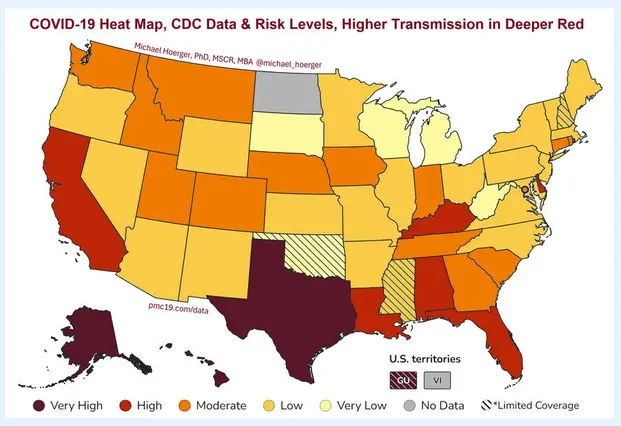
Covidwave update prompts health guidance
